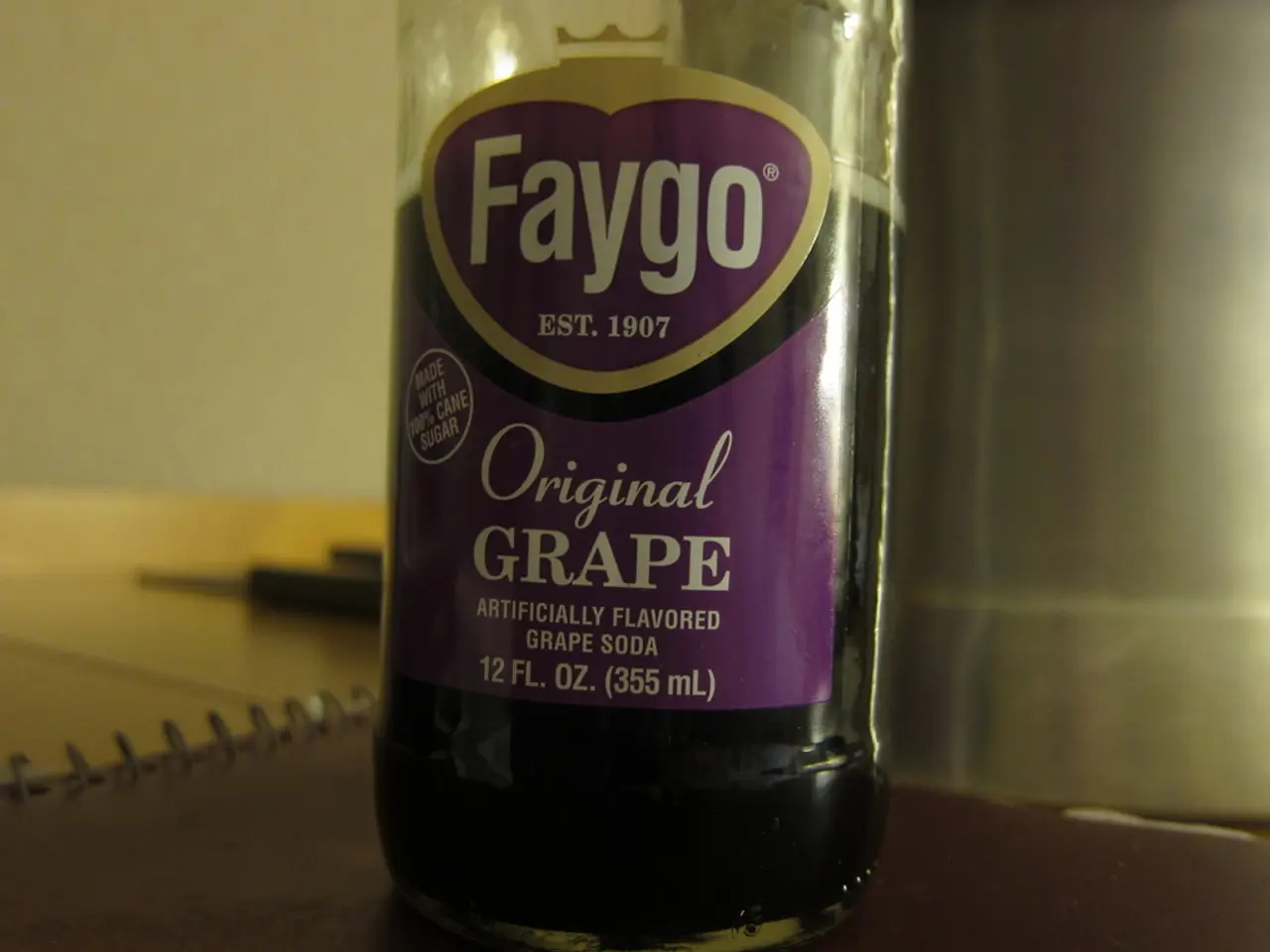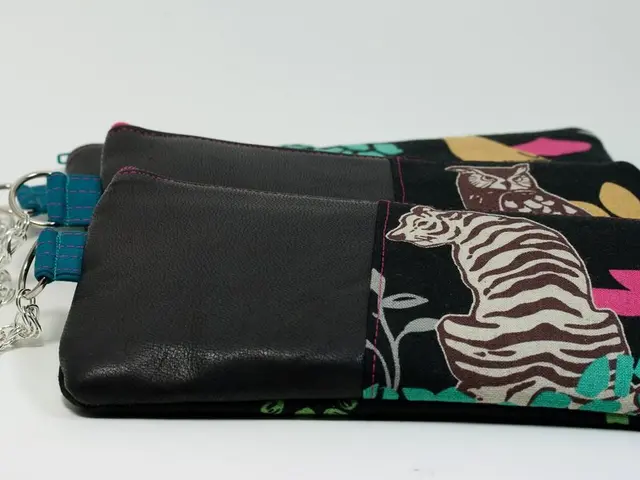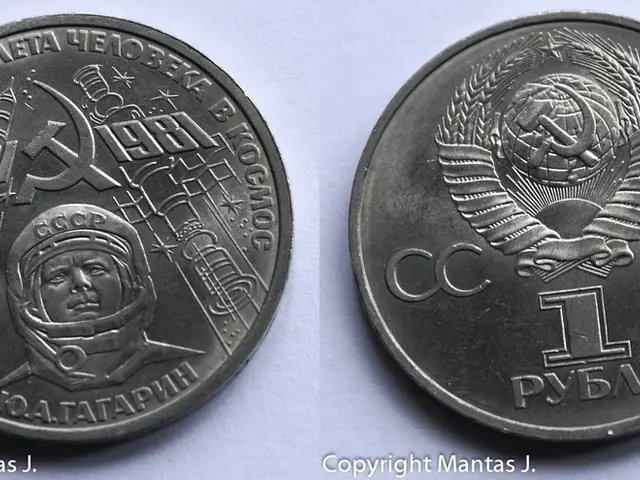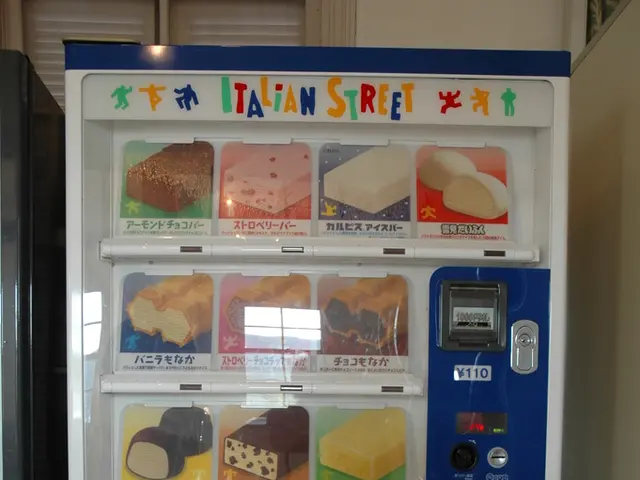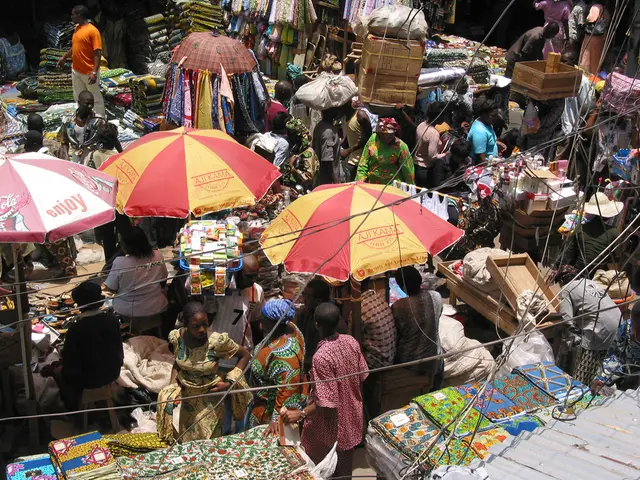KakaoBank Braces for Debut in South Korea's Stablecoin Sector
KakaoBank, a digital banking giant in South Korea, has announced plans to enter the stablecoin market, marking a significant step towards mainstream integration of blockchain-based finance in the country. The move is expected to reshape South Korea's digital asset ecosystem and accelerate the adoption of blockchain finance at scale.
Key Aspects of KakaoBank's Stablecoin Market Entry
KakaoBank's entry into the stablecoin arena is part of a coordinated effort by Kakao Group to expand its digital asset presence, leveraging its large mobile user base and regulatory experience. The initiative benefits from South Korea's favourable regulatory environment under President Lee Jae-myung’s pro-crypto administration, which is actively working to establish clear frameworks for stablecoins and digital assets.
The launch of a KRW-backed stablecoin is scheduled for 2025, designed to support seamless payments and secure blockchain transactions. KakaoBank is coordinating with Kakao Group affiliates, including KakaoPay, which has filed 18 stablecoin-related trademarks, under a dedicated Stablecoin Task Force to integrate issuance and custody services.
With over 25 million users and extensive experience in crypto services, KakaoBank is well-positioned to compete with major traditional banks also entering the KRW stablecoin space. The bank reported strong financial metrics in H1 2025, including 19% deposit growth and $254 million in profits, providing a solid capital base for stablecoin ventures.
Impact on the Domestic Financial Landscape
KakaoBank’s stablecoin initiative is expected to streamline payments and transactions, offering more efficient, secure digital payments tightly integrated with everyday banking for millions of users. As a leading fintech player, KakaoBank is likely to shape future stablecoin regulations and foster innovation in digital finance.
Joining other major banks launching KRW-backed stablecoins, it will intensify competition and innovation in South Korea’s digital currency market, which aims to reduce capital flight and bolster domestic digital currency sovereignty.
Sophia Panel: Cryptocurrency Journalist and Content Strategist
Sophia Panel, a content contributor at Coincu.com, specializes in crypto content strategy, SEO, and web3 storytelling. With over 10 years of experience, she reports on token listings, stablecoins, exchanges, and market trends. Sophia Panel is collaborative and goal-oriented, focusing on user engagement and education.
Sophia Panel's social media platforms include Facebook, YouTube, Pinterest, Gravatar, Google Scholar, Blogger, Stackoverflow, Tumblr, About.me, 500px, Mix, Pearltrees, Quora, Flickr, Goodreads, Reverbnation, Issuu, Myspace, Medium, Slideshare, Academia.edu, Instagram, Twitter, GitHub, Behance, Mixcloud, Wakelet, TikTok, Micro.blog, Open Library, Mastodon, Speakerdeck, SoundCloud, Podcasts.com, Podbean, Spotify, and Podomatic. She has been invited as a speaker at Indian Web3 Summits and global blockchain forums.
Sophia Panel is passionate about educating underserved communities about blockchain potential. She is creative, data-driven, and strategically minded with strong storytelling instincts.
[1] KakaoBank's Stablecoin Plans [2] KakaoBank's Regulatory Advantages [3] KakaoBank's Collaborative Strategy [4] KakaoBank's Financial Strength [5] KakaoPay's Stablecoin Trademarks
Read also:
- Venture Capital Firm TDK Funds Electric Motorcycle Manufacturer Ultraviolette
- Strategies for Minimizing Greenhouse Gas Emissions from the Built Environment
- Autonomous Model Y Electric Vehicles, Helmed by Elon Musk, poised to Transform Bay Area's Ride-Hailing Market with over 100 Units
- Meta received nearly two million dollars in advertising investments from Mark Carney
